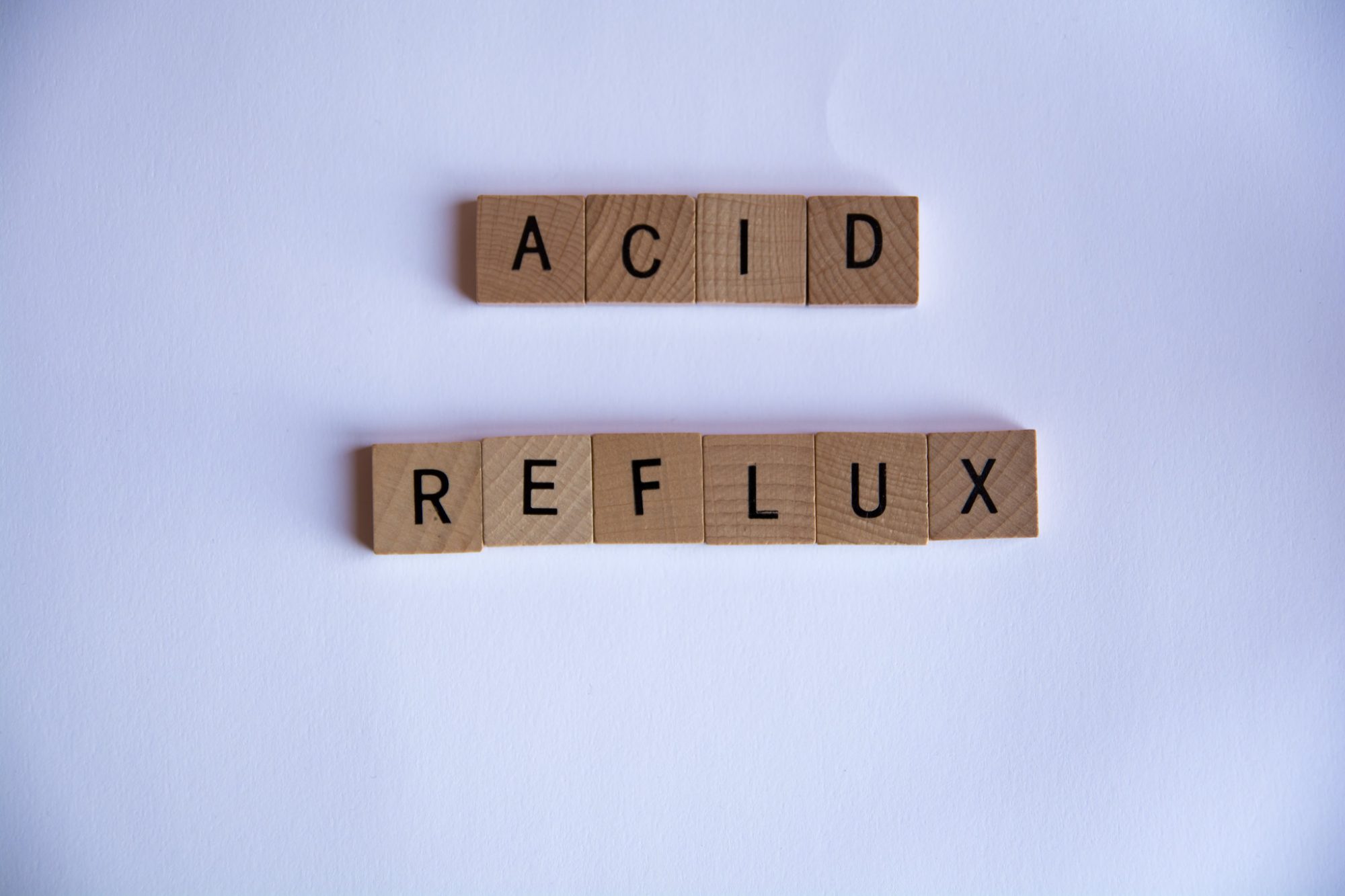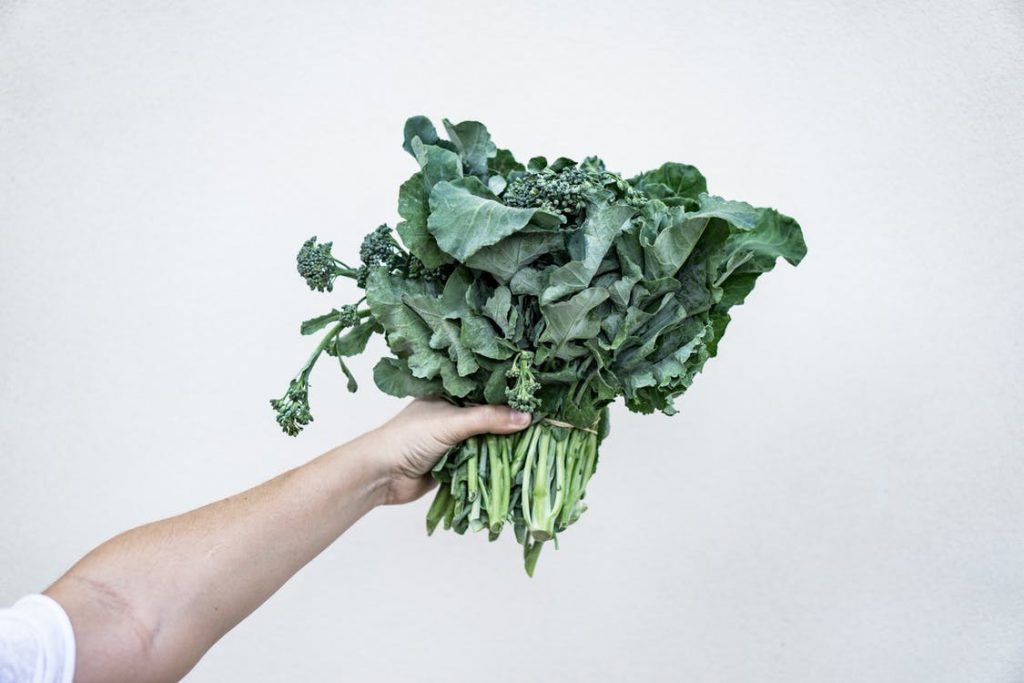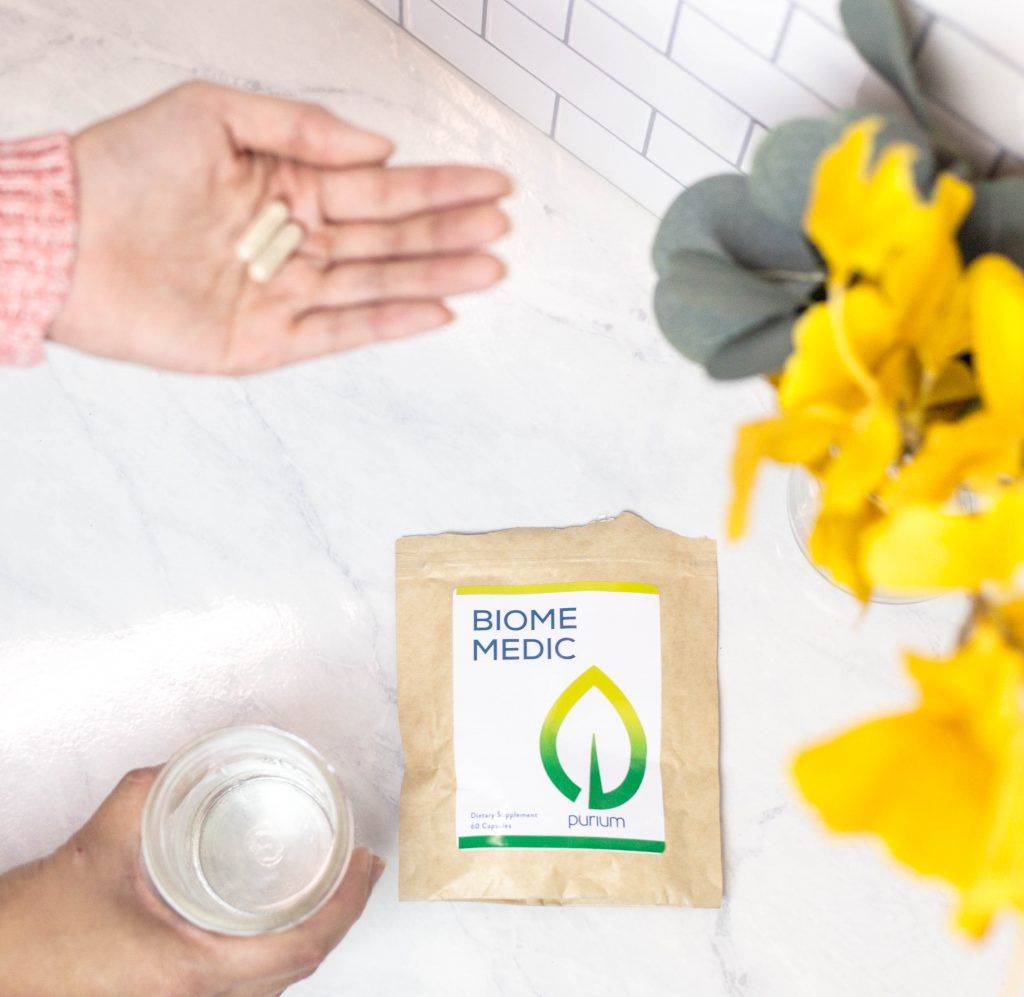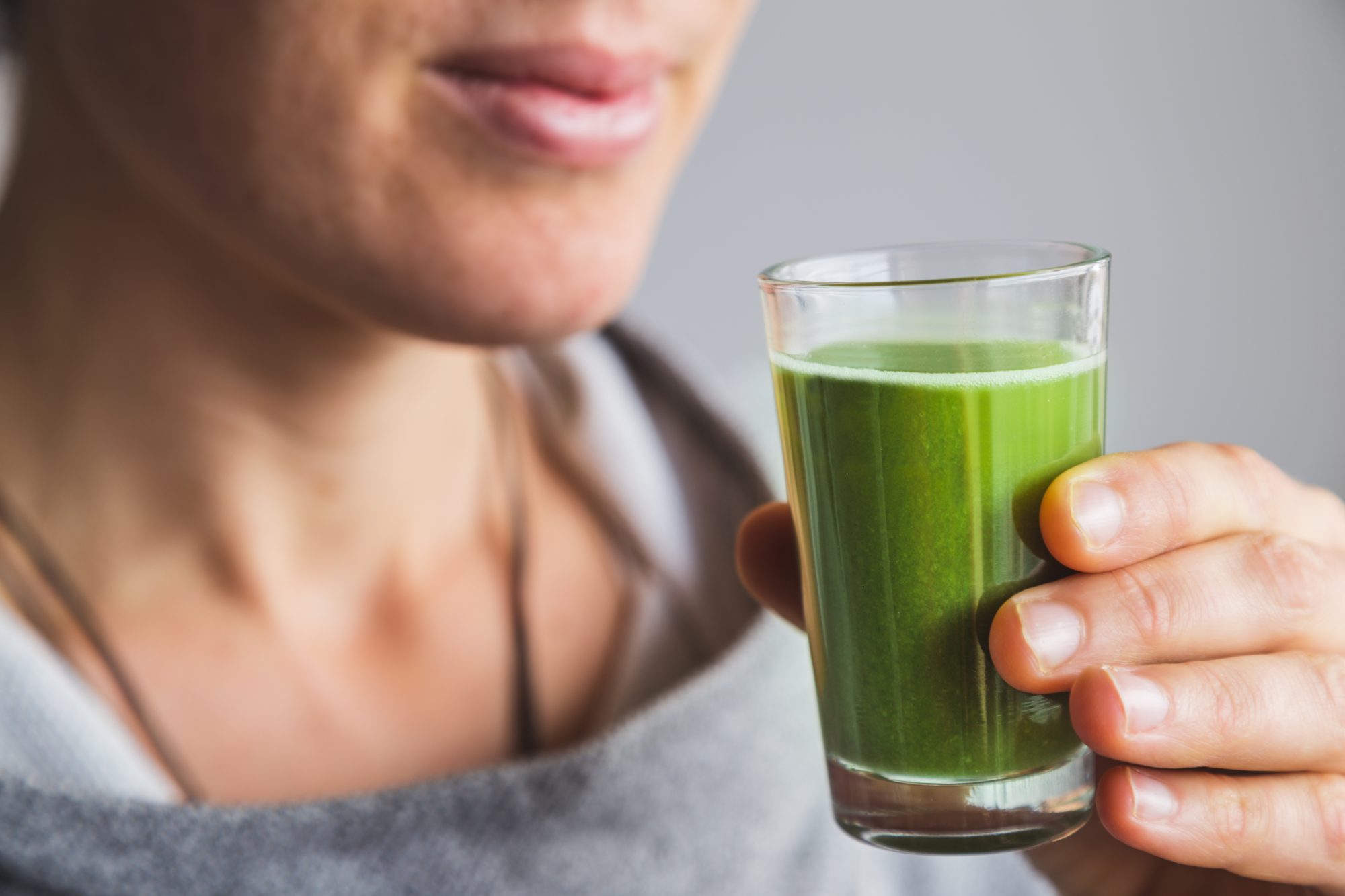[Photo credit: PracticalCures.com]
Have you ever eaten something and it didn’t sit right in your stomach? Maybe you felt a little gurgling in your gut and then suddenly, it feels like it’s about to come back up.
Or maybe it feels like it’s lodged in your chest?
Some people experience such pain that they think they are having a heart attack.
While these acid reflux occurrences may be infrequent for many, others can suffer from them often. If you experience this sensation more than a couple times per week, you may be diagnosed with gastroesophageal reflux disease (GERD).
Today, we’re talking about GERD, gut health and what whole foods could help keep your symptoms at bay.
Remember, we are not medical professionals. Please seek advice from your doctor should you have any concern or questions.
Symptoms & Causes
Symptoms
When you ingest food, normally, it will pass through a sort of food pipe (your esophagus) before making its way to your stomach. Your stomach will absorb essential nutrients, stomach acid will do its job and then your body releases the waste.
Unfortunately, that is not the case for those living with GERD. For people with this condition, the stomach acid may travel back up the food pipe, causing uncomfortable symptoms.
The Mayo Clinic reports the following symptoms:
- a burning sensation in the chest (it can be really bad at night)
- trouble swallowing and keeping food down
- feeling like there is something stuck in your thought
- feeling like you need to vomit (or even tasting the vomit in your mouth)
Causes
So, what exactly causes GERD?
Well, there are a few factors. Firstly, there could be an issue with the lower esophageal sphincter. Just think of this body part as a door that allows food and liquids to flow freely into your stomach. Normally, it will open to allow food to pass through and then it will close.
But for those with GERD, the door is a little weaker, staying open and allowing stomach acid to come back up in the esophagus.
Diet can also play a huge role in developing this condition. Certain foods may cause acid reflux and continued acid reflux contributes to a GERD diagnosis.
Here a few triggering foods:
- GMOs & processed foods
- fatty foods
- food allergens
- oily foods
- meat
- salty foods
- sugary foods
- carbonated beverages
- acidic fruits, foods and juices
Leaky Gut Connection
If you’ve never heard of leaky gut before, we wouldn’t be surprised. Most mainstream medical practitioners do not consider it an actual condition.
Despite that, studies and anecdotal evidence suggest it’s not only a real issue; it’s an issue that can cause a lot of problems. (1)
Essentially, leaky gut describes the condition in which the intestinal walls in your stomach allow for bacteria and toxins to pass through. These toxins and bacteria get into your bloodstream, traveling across the body.
According to some nutritionists and doctors, bacteria that may permeate your intestinal walls may be contributing to gas and pressure on the esophagus.
So, it’s super important to maintain a healthy gut microbiome.
Because of this, medication that is prescribed for GERD may not be addressing the full issue. Often times, doctors prescribe medications that either reduce stomach acid or proton pump inhibitors (PPIs) that block histamine receptors (limiting the amount of acid produced in the gut). However, these do not account for stomach bacteria.
Holistic Alternatives
Diet Change
Besides medications, nutritionists and doctors “prescribe” diet changes for those with GERD. The National Institute of Diabetes and Digestive and Kidney Diseases suggests diet can help control symptoms. Consuming more nutrient-dense food and less processed foods should help keep your stomach acid balanced, encouraging healthy digestion.
Here are some foods that may help with your symptoms:
- fresh vegetables (like dark, leafy greens, cauliflower and potatoes)
- non-dairy milks (or fat-free milks)
- melons, apples, bananas and non-citrus fruits
- healthy fats, like flax seeds and avocado
- ginger to help soothe symptoms instead of peppermint (peppermint may relax your lower esophageal sphincter more, causing more reflux)
- healthy fiber, like oatmeal and whole grain breads
Probiotics
Consuming probiotics may be beneficial for acid reflux symptoms. Why? Well, because they may able to support healthy digestion and cultivate good bacteria in your gut, encouraging relief from leaky gut.
Live Strong reports that probiotics may be a good way to balance your acid reflux symptoms, but it should be paired with another form of treatment (such as a lifestyle change).
The Scandinavian Journal of Gastroenterology published a study that explored the effects of probiotics on adults who frequently experienced GERD symptoms. After 14 days of supplementation, participants enjoyed an improvement in their symptoms, such as reflux. (2)
More study is needed to determine which specific strains could help, but we’re hopeful!
Purium Products
You may be wondering which Purium products we recommend for GERD symptoms. While we are not medical practitioners, we do hear a lot of anecdotal feedback about how the Core 4 & Transformations help encourage healthy eating, encouraging symptom control.
Here are a few other products that we’ve heard great things about:
- Green Spectrum (a collection of leafy greens other veggies)
- Biome Medic (a holistic capsule containing probiotics, prebiotics, digestive wheat germ and more)
- Advanced Probiotic Blend (a collection of potent probiotic strains)
- Aloe Digest (a mix containing aloe vera and probiotics)
Stay happy & healthy!
* These statements and products have not been evaluated by the Food and Drug Administration. These products are not intended to diagnose, treat, cure or prevent any disease.
Studies
- Mu, Q., Kirby, J., Reilly, C. M., & Luo, X. M. (2017). Leaky gut as a danger signal for autoimmune diseases. Frontiers in immunology, 8, 598.
- Waller, P. A., Gopal, P. K., Leyer, G. J., Ouwehand, A. C., Reifer, C., Stewart, M. E., & Miller, L. E. (2011). Dose-response effect of Bifidobacterium lactis HN019 on whole gut transit time and functional gastrointestinal symptoms in adults. Scandinavian journal of gastroenterology, 46(9), 1057-1064.








I have been diagnosed with Barett’s esophagus. It is a condition caused by long term GERD – in my case silent version because I didn’t even know about it until it got pretty bad.The doctors are only pushing PPI meds that are covering some symptoms. My diet was already organic, lots of greens, sugar, processed food, GMO etc free, but the extra I needed it came from Purium. I mix aloe digest & green spectrum in my power shake every morning and take digestive enzymes with every meal. I can’t recommend these products enough!
Hi Timea, thank you so much for sharing you story! We’re honored to have taken part in your health journey!
Is it ok to take Biomedic and the advance probiotic together ?
Hi Nicole, so sorry for the long delay! You certainly can. Just listen to your body and how you feel when using the two products.